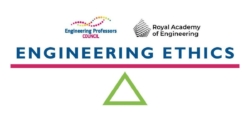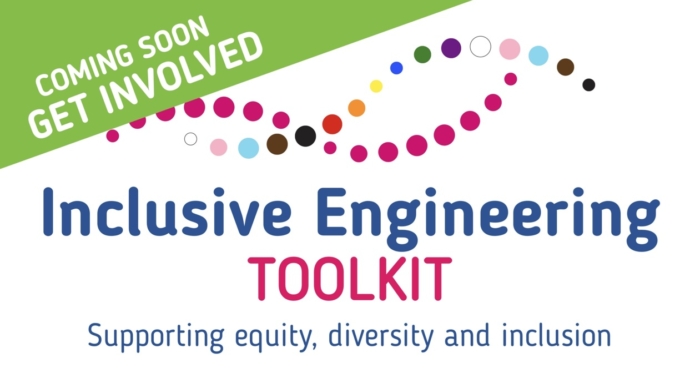 “There is a great need to advocate for fellow engineers providing places to belong and empowering them to thrive in their chosen profession and career pathways. This includes people who are part of one or more underrepresented groups that have been historically, persistently, and systemically marginalised in society based on their identity, such as race, colour, religion, marital status, family status, disability, sex, sexual orientation, gender identity, and age.“
“There is a great need to advocate for fellow engineers providing places to belong and empowering them to thrive in their chosen profession and career pathways. This includes people who are part of one or more underrepresented groups that have been historically, persistently, and systemically marginalised in society based on their identity, such as race, colour, religion, marital status, family status, disability, sex, sexual orientation, gender identity, and age.“
Our Engineering Ethics Toolkit guidance article on Embedding equity, diversity and inclusion into a professional engineer’s lifestyle should be read by educators at all levels in higher education who wish to integrate social sustainability, EDI, and ethics into the engineering and design curriculum or module design. It will also help to prepare students with the integrated skill sets that employers are looking for.
We have a growing library of guidance articles available to support you as you expand your understanding of engineering ethics, and begin to embed it within the curriculum. We also have a library of case studies, for you to use and adapt in your teaching, and an Ethics Explorer to get you started.
If you would like to give feedback on this or any other Engineering Ethics resource, or submit your own content, you can do so here. You can join our Ethics Ambassadors community here.

 “
“


